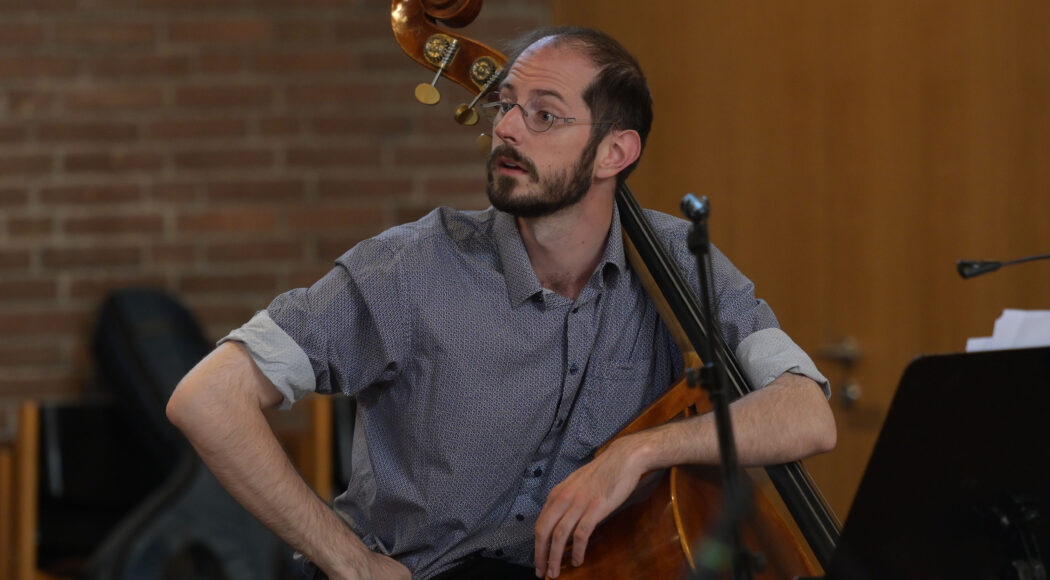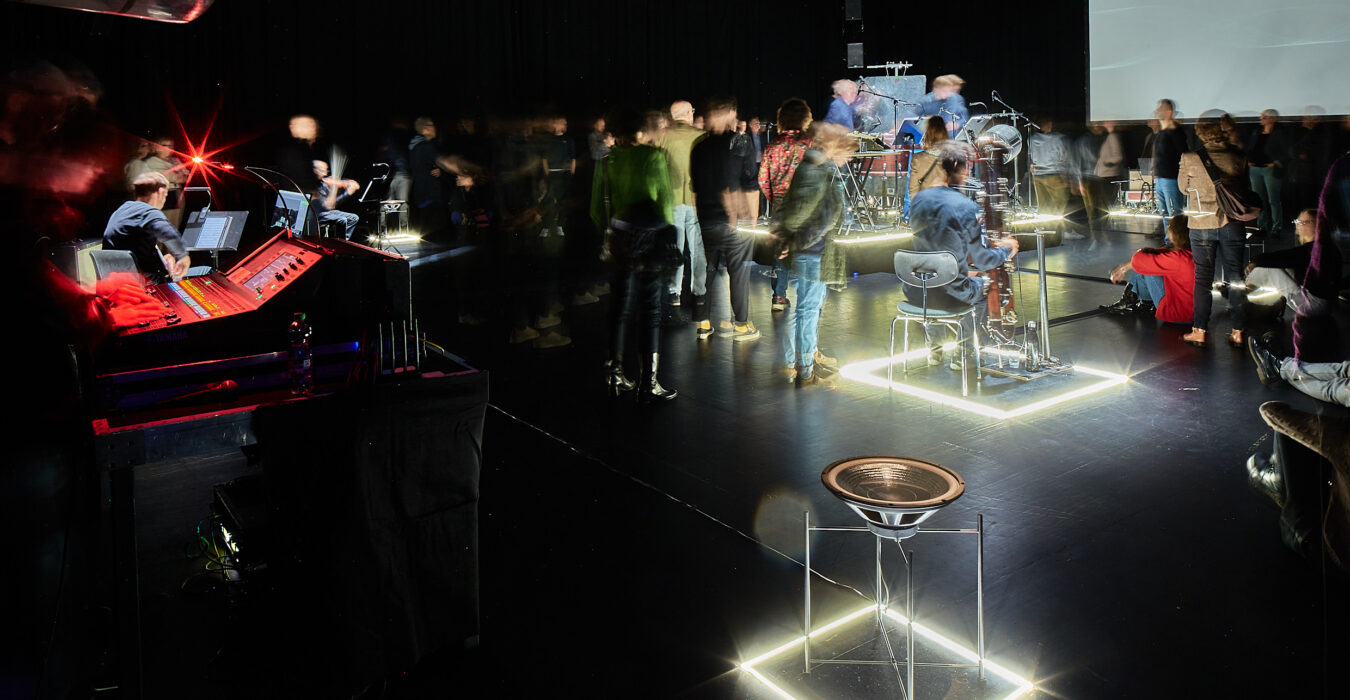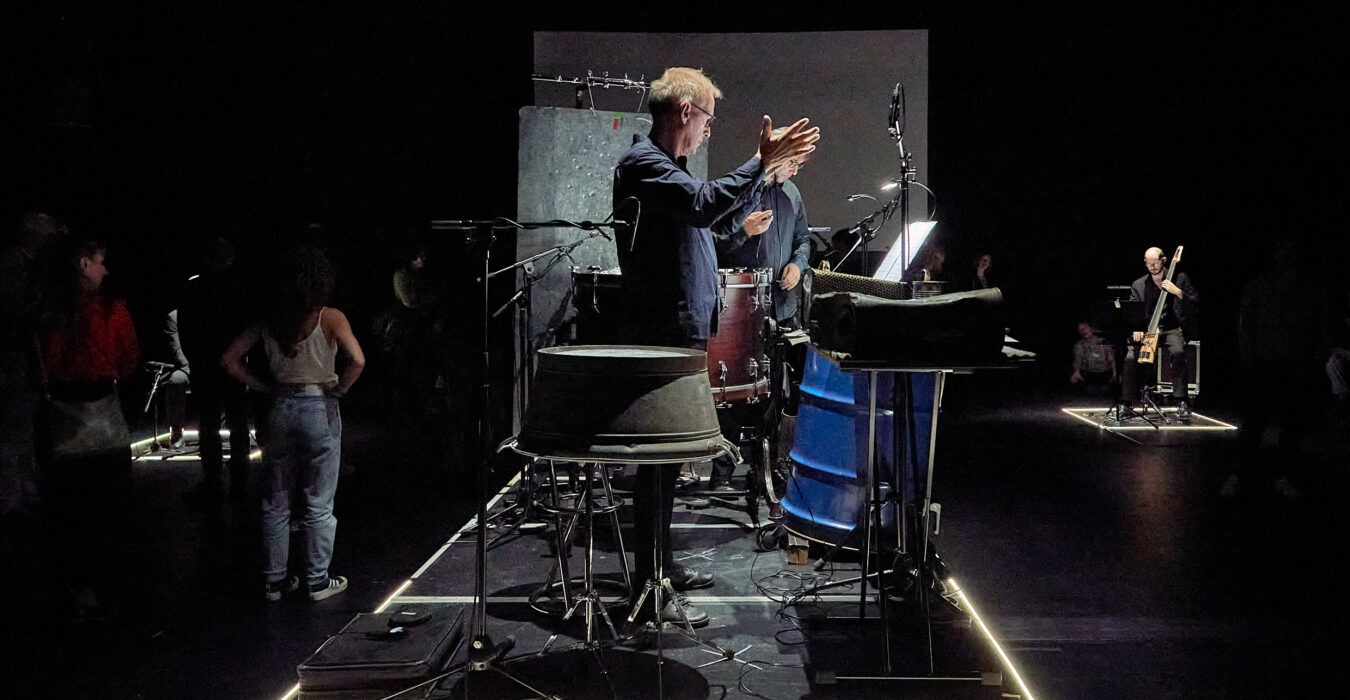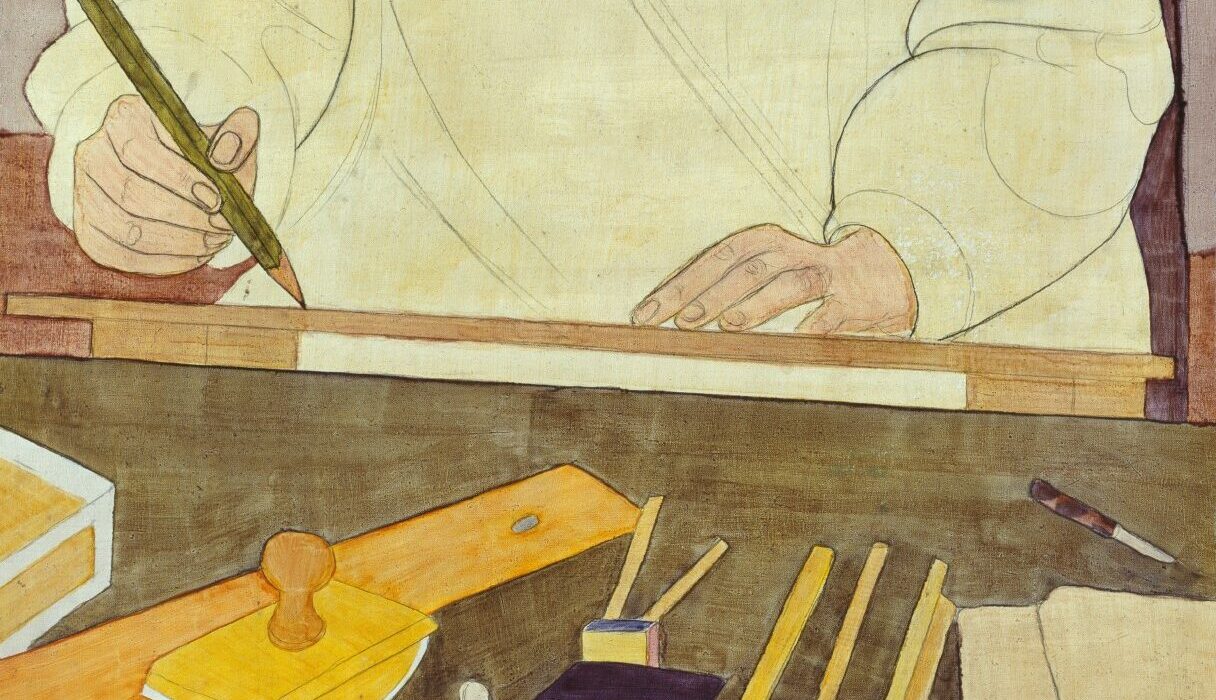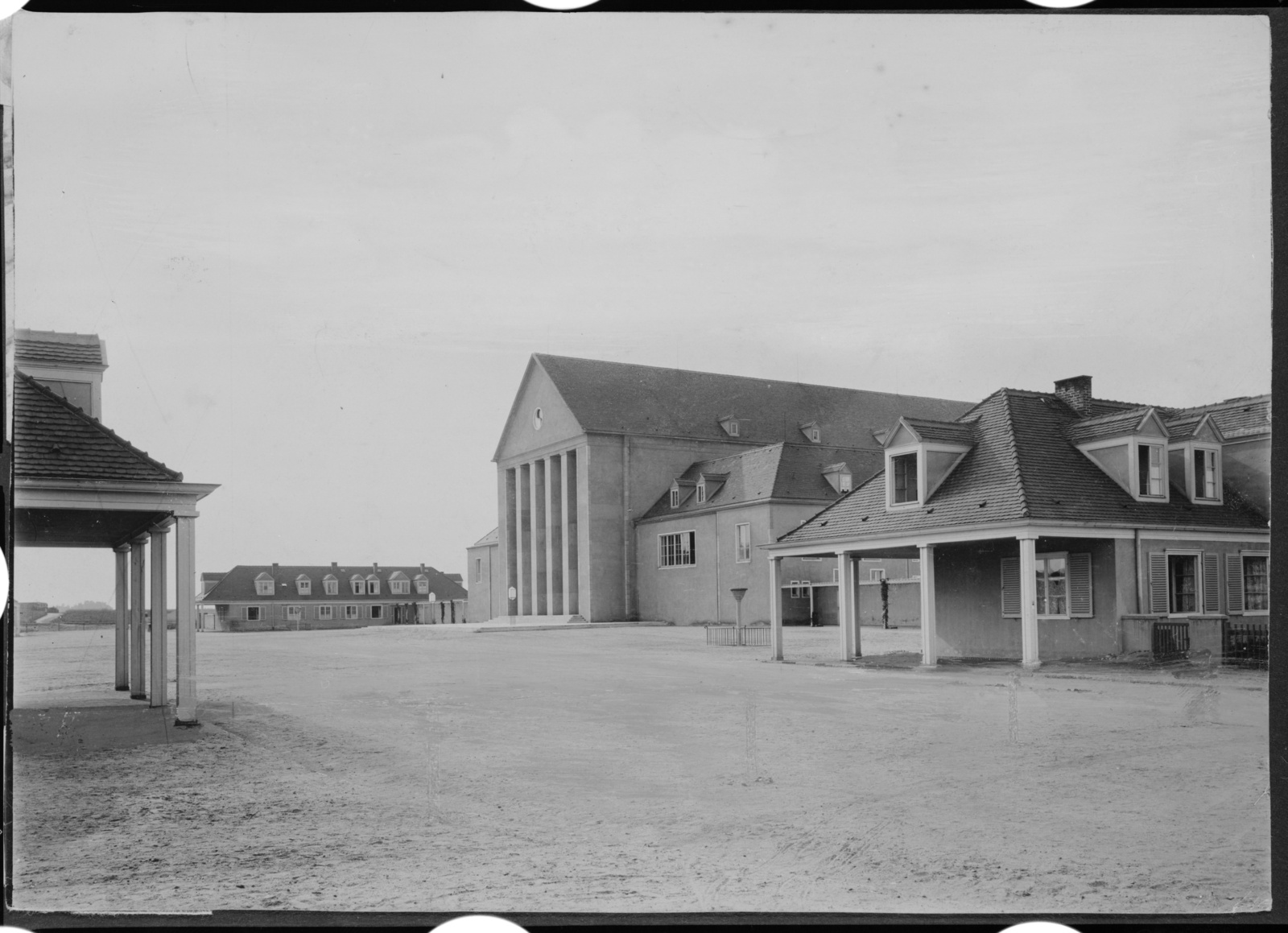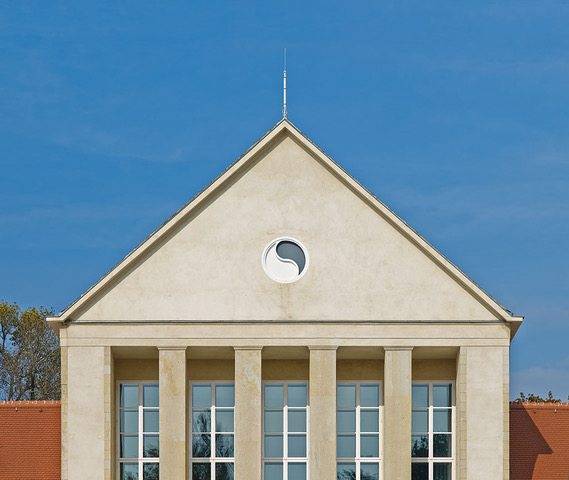Kaija Saariaho
Paul Cannon
Kaija Saariaho (1952 – 2023) is one of the world’s most successful composers of our time. Paul Cannon, double bass player in Ensemble Modern since 2014, presents ‘Folia’ for double bass and electronics, a special facet of the Finnish composer’s work that she has developed intensively since the 1980s, particularly at IRCAM Paris: ‘’Folia’ is a flowing, melting interaction between timbre, texture and dynamics. The work is always in motion; one tone colour constantly gives way to another. As in most of Saariaho’s works for string instruments, the right hand constantly moves between the extremes of sul tasto and sul ponticello, between pianissimo and fortissimo, between gentle tone bindings and harsh articulations. The left hand just as often performs transitions between the low and high registers, as well as between clear contact with intonation and softer harmonic nodes, blurring the distinction between these timbres. The piece works with three main electronic elements: Reverb, delay and modulation. Rather than acting as a second voice, these effects fade in and out as additional texture, adding richness to the sound.’ (Paul Cannon)
As counterpoints to ‘Folia’, Paul Cannon’s programme includes the compositions ‘Fury’ for double bass by Rebecca Saunders and ‘Valentine’ by Jacob Druckman.
Program:
Kaija Saariaho: Folia (1995)
Jacob Druckman: Valentina (1969)
Rebecca Saunders: Fury for double bass solo (2005)
With:
Paul Cannon: Double bass
Duration: ca. 25 mins
Without dialogue
Kaija Saariaho: Innocence
Semperoper
Mo 31.03., 19:00 and additional dates
Can the past be denied, memories erased? After a shooting rampage at a school, classmates, parents and teachers are left stunned and traumatised. Based on this trauma, Kaija Saariaho’s opera ‘Innocence’ develops a multi-layered scenario of time and plot levels. Saariaho develops her very own language: her music lives from refined tone colours and dreamlike moods, is delicate, filigree and at the same time very expressive, ‘more cinematic, so to speak’, as Saariaho herself described it.
Information and tickets at www.semperoper.de
Premiere 15.03., further dates 19, 23, 26, 31.03. and 04, 11.04.
An event organised by the Semperoper Dresden in cooperation with DTzM 2025.
Double bassist Paul Cannon was born in the Pacific Northwest of the USA and began playing bass at the age of ten. He worked with Jordan Anderson from the Seattle Symphony Orchestra and joined the Olympia Symphony Orchestra at the age of fourteen. At 18, he began studying with Prof Paul Ellison at Rice University in Houston, Texas. In 2010, a Wagoner Fellowship took him to Paris for further studies with François Rabbath. He has been a member of Ensemble Modern since 2014. He has been a guest with many other ensembles, including the Arditti Quartet, Klangforum Wien and Musiqa Houston. He has appeared as a guest solo bassist with the WDR Symphony Orchestra Cologne and at the Frankfurt Opera, and is also a regular guest with many top international orchestras. His critically acclaimed portrait album ‘polyglot’ was released by Ensemble Modern Medien in 2022. In addition to his work as a musician, Paul Cannon is a trained violin maker and is particularly committed to music education projects. He has led masterclasses and workshops for composers and double bassists at many leading institutions. From 2018 to 2023 he was co-director of the International Ensemble Modern Academy (IEMA). His main instruments are a bass built by Paul Toenniges in 1936, a five-string instrument built especially for Ensemble Modern by Daniel Hachez in 2015 and a solo bass by Christian Laborie. His bows are made by Boris Fritsch.
Born in Helsinki in 1952, Kaija Saariaho played the violin and piano as a child and began composing at the age of eleven. As she was only at the beginning of her career and lacked female role models, she initially studied painting and drawing at the Helsinki School of Arts and Crafts before finally starting to study composition with Paavo Heininen at the Sibelius Academy in 1976. As a young woman, she had to fight against all kinds of prejudice from her male colleagues. Nevertheless, she pursued her path undeterred – she met Brian Ferneyhough at the Darmstadt Summer Course for New Music and continued her studies with him and Klaus Huber in Freiburg im Breisgau in the 1980s. In 1982, Kaija Saariaho moved to Paris, where she lived until her death in June 2023. There she encountered the music of the ‘spectralists’ and worked intensively with tape and live electronics at the IRCAM Institute. Computer-assisted music has played a major role in her works ever since. Her orchestral and music theatre works are now performed in major concert halls and opera houses around the world, and she has received numerous prizes and awards – including a Grammy Award, the Polar Music Prize and the Golden Lion for her life’s work – making her one of the most successful and most frequently performed composers of our time.


